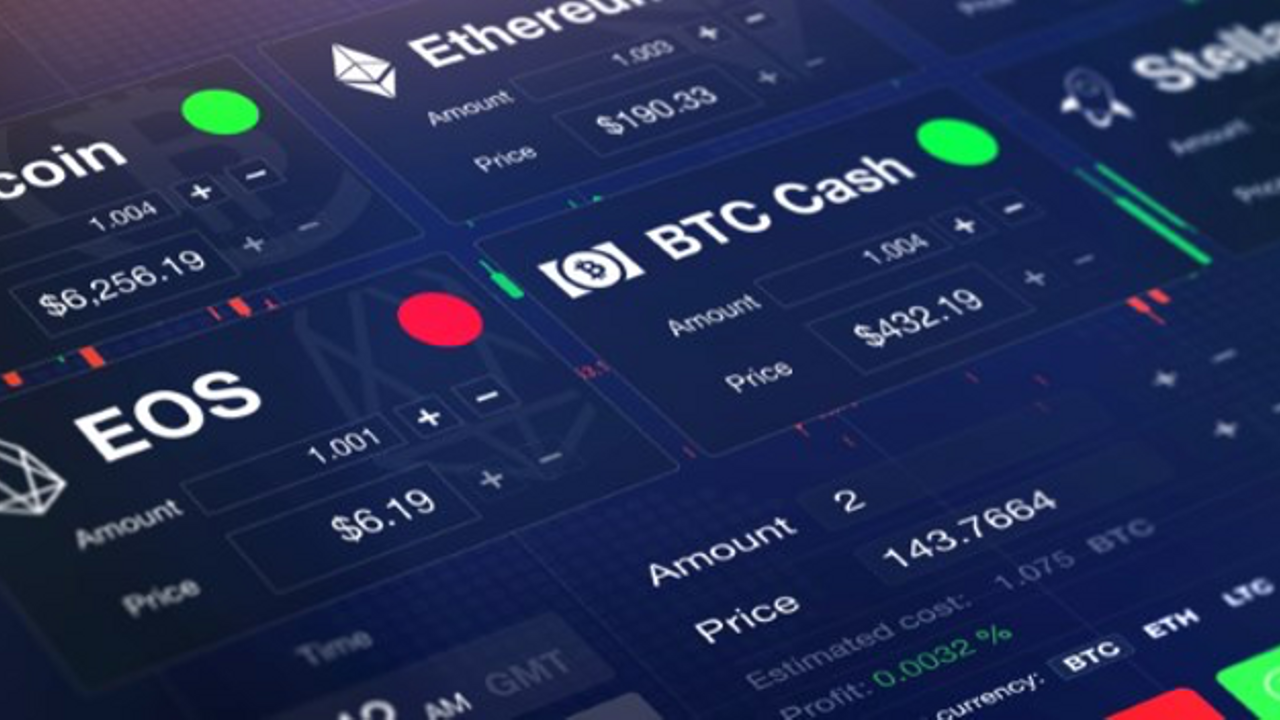Breaking Free From Traditional Trading: A Deep Dive Into The World Of Decentralized Exchanges
Breaking Free from Traditional Trading: A Deep Dive into the World of Decentralized Exchanges

- The Future Of Intellectual Property Protection Unlocking The Power Of Blockchain
- The Lucrative World Of DeFi Lending: How To Profit From The Latest Fintech Revolution
- Securing Your Digital Assets: The Power Of Multi-Signature Wallets
- The Rise Of Cryptocurrency In Decentralized Finance A New Era Of Financial Freedom
- The Rise Of DeFi: A New Era In Peer-to-Peer Lending
The world of cryptocurrency trading has experienced a significant shift in recent years, with the rise of decentralized exchanges (DEXs) revolutionizing the way we buy, sell, and trade digital assets. Gone are the days of relying on centralized exchanges, where security concerns, intermediaries, and regulatory hurdles often hindered the trading experience.
In this comprehensive guide, we’ll delve into the realm of decentralized trading, exploring the ins and outs of DEXs, their benefits, and the various platforms that are leading the charge. Whether you’re a seasoned trader or just starting out, this article will equip you with the knowledge and confidence to navigate the exciting world of decentralized trading.
What are Decentralized Exchanges (DEXs)?
Decentralized exchanges are online platforms that enable the peer-to-peer trading of cryptocurrencies, without the need for intermediaries or central authorities. Unlike traditional centralized exchanges (CEXs), DEXs operate on blockchain technology, utilizing smart contracts to facilitate trades, settlements, and custodial services.
Key Benefits of Decentralized Trading
So, what sets DEXs apart from their centralized counterparts? Here are some of the key benefits:
- Enhanced Security: By removing the need for intermediaries, DEXs minimize the risk of hacking, theft, and other security breaches. All transactions are executed on a blockchain, ensuring a secure, transparent, and tamper-proof trading environment.
- Lower Fees: With no intermediaries to pay, DEXs often charge lower fees compared to CEXs. This means more money stays in your pocket, where it belongs.
- Increased Autonomy: Decentralized trading empowers users to take control of their assets, eliminating the need for third-party custodians. This means you, and only you, have access to your funds.
- Improved Anonymity: DEXs often don’t require users to undergo Know-Your-Customer (KYC) verification, providing a higher level of anonymity and discretion.
Popular Decentralized Exchange Platforms
With the rise of DEXs, numerous platforms have emerged, each offering a unique set of features, fees, and user experiences. Here are some of the most popular DEXs:
- Uniswap (UNI): As one of the largest and most popular DEXs, Uniswap operates on the Ethereum blockchain, offering a seamless trading experience and a vast pool of liquidity.
- SushiSwap (SUSHI): Another prominent DEX, SushiSwap offers a user-friendly interface, competitive fees, and a wide range of trading pairs.
- Curve Finance (CRV): Focused on stablecoin trading, Curve Finance has become a go-to platform for those seeking low-risk, high-reward trading opportunities.
- dYdX: A decentralized exchange built on the Ethereum blockchain, dYdX offers a comprehensive trading experience, including spot, margin, and perpetual futures markets.
Getting Started with Decentralized Trading
Ready to dive into the world of decentralized trading? Here are some essential steps to get you started:
- Set up a digital wallet: Choose a reputable wallet that supports the blockchain and assets you want to trade.
- Fund your wallet: Transfer your desired assets to your wallet, ensuring you have the necessary funds to trade.
- Choose a DEX: Research and select a reputable DEX that meets your trading needs.
- Connect to the DEX: Use your wallet to connect to the DEX, following the platform’s instructions.
Risks and Considerations
